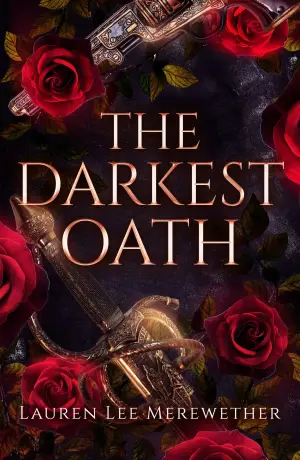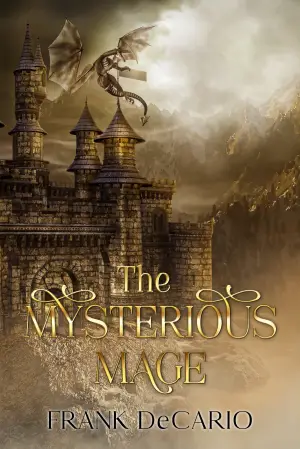Book Review: The Girl With the Dragon Tattoo (Millennium #1) by Stieg Larsson
When I first picked up The Girl With the Dragon Tattoo, I was drawn in by the promise of a gripping mystery paired with rich, complex characters. Little did I know that this book would serve as a sharp reminder of the very real fears and systemic issues women face. Stieg Larsson’s work has become iconic, and as I delved into its pages, I found it both a challenge and an awakening.
At the heart of the narrative is the unforgettable Lisbeth Salander, a brilliant hacker with a troubled past and a fierce independence. The plot unfolds as journalist Mikael Blomkvist investigates the decades-old disappearance of a wealthy industrialist’s niece, but it quickly becomes apparent that this isn’t just a mystery about who-done-it—it’s a profound commentary on misogyny and sexual violence. It’s a harrowing journey through the male-dominated landscape of corporate greed and the deeply ingrained contempt for women.
What struck me most vividly were the themes surrounding women’s fears. Larsson doesn’t shy away from a reality many of us know all too well. The casual advice we’ve all received—"Don’t go out alone at night," or "You should carry pepper spray"—echoes throughout the narrative. It’s this authentic representation of anxiety that made Salander’s character resonate deeply with me. She embodies the struggle against both societal expectations and personal trauma, challenging the very norms that often keep women silent.
However, I found the writing style a bit of a hurdle. While the story is undeniably gripping, the prose sometimes feels overwrought, cluttered with details that distract rather than enhance, like the infamous sandwich descriptions that many readers chuckle about. I can appreciate Larsson’s intent to mimic an investigative report style, but at times it felt like he was waving his hands for attention, which kind of dampened the immersion for me.
Despite the challenges of the writing, the story shines through its complexity. The juxtaposition of Salander’s trauma against Blomkvist’s seemingly “normal” relationships highlights the critical theme of consent. How powerful it is, then, that the narrative offers Salander the opportunity to save Blomkvist when he is at his most vulnerable. She is not simply a plot device; she is an active force, which I found incredibly refreshing.
While reading, I couldn’t help but reflect on how Larsson accomplishes something important—his depiction of male contempt for women is not just about overt violence; it’s also about the insidious everyday dismissals and patronizing attitudes that so many of us have encountered. The poignant critiques woven throughout the story could lead to important conversations about misogyny and empowerment.
So, who would enjoy this book? Anyone looking for a mystery grounded in real-world issues, readers who appreciate strong female protagonists, or those simply eager for a page-turning narrative will find themselves captivated. Just be aware, it is brutally honest about the darker facets of humanity.
Overall, while The Girl With the Dragon Tattoo wasn’t the most elegant read, its smart portrayal of a woman fighting back against her circumstances left a lasting impact on me. Larsson’s ability to spark dialogue around such crucial themes is what makes this novel significant—and for that, I found myself grateful to have read it.
Discover more about The Girl With the Dragon Tattoo (Millennium #1) on GoodReads >>
















